Infectious Disease Modelling through Mathematics and Machine Learning (IDML)
Postgraduate Student Workshop
Dates:
Postgraduate Training: 17 – 21January 2022
Postgraduate Workshop: 24 – 28 January 2022
Venue:
UJ Auckland Park Kingsway Campus Library, Nadine Gordimer Auditorium, level 5. (Only students from South African universities will be allowed to attend in person so that they can take part in the workshop during Week 2. All other parties will be allowed to attend online during the morning sessions. Please be sure to register in order to obtain the link to the online sessions.)
Registration:
Please register here for the workshop.
The Virtual Meeting Link is given here: https://zoom.us/j/96188692143
In collaboration with the Data Science Across Disciplines (DSAD) research group (Institute for the Future of Knowledge) and the National Department of Health, the Department of Mathematics and Applied Mathematics (MAM) is planning to host a Study Group on the topic of disease modelling using Mathematics, Machine Learning (ML) and Artificial Intelligence (AI).
The workshop has three main objectives:
- To introduce and strengthen research in the African human infrastructure in ML and AI in Health,
- Drastically increase and sustain research collaboration between African researchers in health, and
- Improve collaboration between South Africa and other African research institutes and universities.
EVENT FORMAT
The event will run for two weeks and participants will include South African and Southern African post-graduate students, early career/junior staff, and senior researchers in the fields of Mathematical Modelling, Machine Learning (ML) and Artificial Intelligence (AI).
The format of the event will be as follows:
Week 1
This first week is dedicated to upskilling postgraduate students. During this week, students will have lectures in the mornings and lab sessions in the afternoons.
Theory:
- Data Formats & Exploratory/Topological Data Analysis
- Data Ethics & Bias
- Mathematical Modelling of Infectious Diseases
- Computational Methods
- Feature Extraction Techniques
- Machine Learning Modelling
Practical: Implementation of Mathematical Models, and Machine Learning tools in Python.
Students will be given daily assignments that must be completed before moving to the next section. They will also be taken through the process of applying for ethical clearance if they want to conduct interviews or send out questionnaires to patients, hospital staff and families of people who have experienced an outbreak of disease.
Recordings:
Day 1: Data Analysis & Visualusation
Day 3: Mathematical Modelling
Day 5: Machine Learning
Week 2
The second week of the workshop is dedicated to working with real data from countries that have experienced the rapid spread of diseases like Ebola, malaria, yellow fever, and COVID-19. Students will be split up into groups. Each group will have four days to work on the derivation of a mathematical model, analysis of the model, and developing their own Machine Learning or AI tools which are relevant to the data and model they will be solving.
Depending on a student’s performance in Week 1 the student will be allocated to one of the problems below:
| Workshop Problems | Academic Group Leader(s) |
| 1. “Automatic Blood Analysis: An Image-Based Approach” | Prof Byron Jacobs & Dr Vivien Visaya |
| 2. “A Data Driven Model for COVID-19 Mortality for Gauteng” | Prof Farai Nyabadza & Dr Faraimunashe Chirove |
| 3. “Computational solution of a PDE modelling Susceptible/Infected/Recovered agents” | Dr Rhameez Herbst & Prof Charis Harley |
Problem 1: “Automatic Blood Analysis: An Image-Based Approach”
This problem workshop presents a real-world application of image processing. An overview of haematology will be discussed to provide context for the problem. The task is to successfully process an image of blood taken under a microscope and perform rudimentary analysis on the image automatically.
Problem 2: “A Data Driven Model for COVID-19 Mortality for Gauteng”
We shall be using the publicly available COVID 19 data to design, fit and analyse a model to track the COVID 19 mortality in Gauteng and use the model as a predictive tool for mortality in the province.
Problem 3: “Computational solution of a PDE modelling Susceptible/Infected/Recovered agents”
We will construct a PDE equivalent of the SIR model, which will allow us to track Susceptible/Infected/Recovered agents in space as well as time.
SPEAKERS
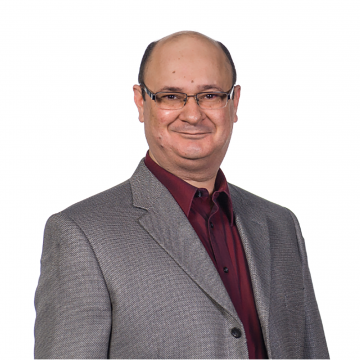
Prof Moulay Akhloufi
Head: Head of the Perception Robotics and Intelligent Machines Group (PRIME)
Department of Computer Science
University of Moncton
Before joining the University of Moncton in 2016, he worked in industry and technology transfer for over 15 years. Professor Akhloufi’s research, focused on AI, Computer Vision and Robotics, spans both fundamental and applied research, with multiple projects conducted with various industrial partners across Canada and in Europe. Currently, he is also a Senior Member of the Institute of Electrical and Electronics Engineers.
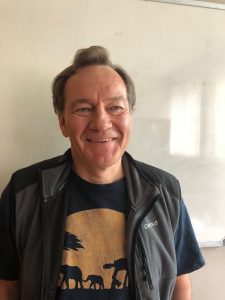
Prof Jacek Banasiak
DST/NRF SARChI Chair: Mathematical Models and Methods in Biosciences and Bioengineering
University of Pretoria
Jacek Banasiak got a MSc (Engineering) from the Technical University of Łódź (Poland) in 1981, PhD from the Strathclyde University in Glasgow in 1989 and Habilitation (DSc) from the University of Warsaw in 1999. Currently, he holds DSI/NRF Chair in Mathematical Models and Methods in Biosciences and Bioengineering at the University of Pretoria and he is a research professor at the Technical University of Łódź. His research interests include applications of functional analysis and semigroup theory to nonlocal, integrodifferential models in kinetic theory, mathematical biology, fragmentation-coagulation processes and dynamics on networks as well as asymptotic analysis of multiple scale problems.
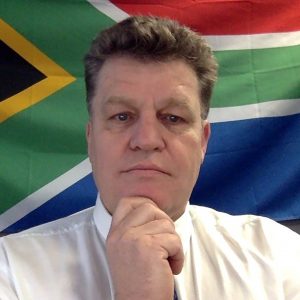
Prof Simon Connell
Department of Mechanical Engineering Science
University of Johannesburg
Simon Connell is professor of physics at the University of Johannesburg within the Faculty of Engineering and the Built Environment in the Department of Mechanical Engineering Science. He has research interests in Particle Physics, Nuclear Physics, Nuclear Energy, Materials Science, Quantum Physics, High Performance Computing and Applied (innovation) Physics. He has published over 150 papers in International Journals and is an ATLAS author. His rating by the SA Research Funding Agency (NRF) cites him as having “considerable international recognition”. He is a past president of the South African Institute of Physics.
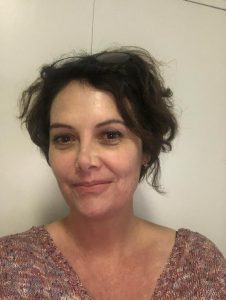
Prof Emma Ruttkamp-Bloem
Ethics of AI Research Group Lead: Centre for Artificial Intelligence Research (CAIR)
Head: Department of Philosophy
Faculty of Humanities
University of Pretoria
Emma Ruttkamp-Bloem is the co-chair of the Steering Committee for the Southern African Conference for AI Research and a member of UNESCO’s COMEST (Commission on the Ethics of Scientific Knowledge and Technology) and of the African Union Development Agency (AUDA)-NEPAD Consultative Roundtable on Ethics in Africa. She is the South African representative at the Responsible AI Network Africa and an associate editor of Science and Engineering Ethics (SEE). Her AI ethics research focuses on topics in machine and data ethics and on policy-making.
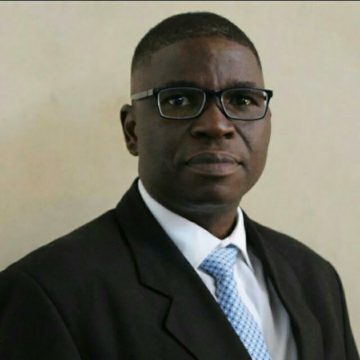
Prof Farai Nyabadza
Head: Department of Mathematics and Applied Mathematics
Faculty of Science
University of Johannesburg
Prof Farai Nyabadza is currently a Professor and Head of the Department at the University of Johannesburg. He is passionate about Mathematical modelling and in particular, modelling infectious diseases, crime, substance abuse and systems thinking dynamics. He is an academic mentor, a researcher, an author, a facilitator and a great speaker.
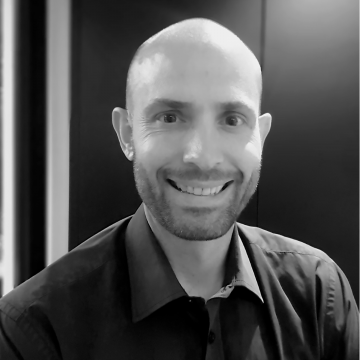
Mr Len Marais
Head: Currency Integrity Division
Currency Management Department
South African Reserve Bank
Len Marais assists companies to define an improved view of their future, then guide them to realise the benefit from that future. I do so successfully by understanding the conceptual, whilst making it practical; appreciate the complex, yet decompose to the simple; and above all, find innovative solutions to unyielding business problems.
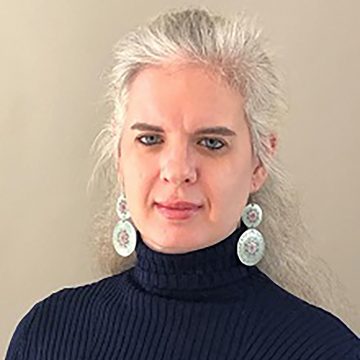
Prof Charis Harley
Head: Data Science Across Disciplines Research Group
Faculty of Engineering and the Built Environment
University of Johannesburg
Prof Harley is a computational mathematician and conducts research in the areas of numerical methods and analysis, data analysis and data science.
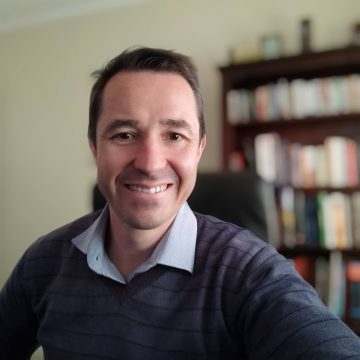
Prof Terence van Zyl
Nedbank Research Chair
Institute for Intelligent Systems
University of Johannesburg
Prof van Zyl’s research interests include Machine Learning, Data-Driven Process Optimisation, Complex Adaptive Systems Modelling and Simulation.
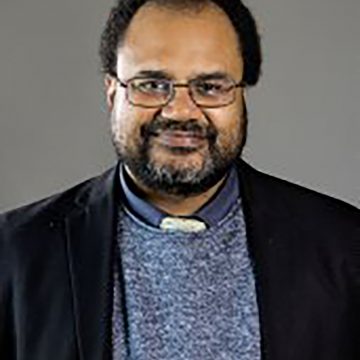
Prof Ebrahim Momoniat
Department of Mathematics and Applied Mathematics
Faculty of Science
University of Johannesburg
Prof Momoniat is a Professor in the Department of Mathematics and Applied Mathematics at the University of Johannesburg. Prof Momoniat’s main areas of research are mathematical modelling, fluid dynamics and computational mathematics.
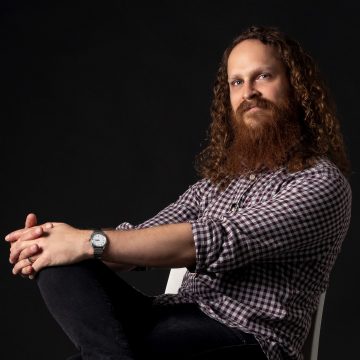
Prof Byron Jacobs
Department of Mathematics and Applied Mathematics
University of Johannesburg
Prof Jacobs is an Associate Professor at the University of Johannesburg in the School of Mathematics and Applied Mathematics. His research focuses on Fractional and Partial Differential Equations, Numerical Methods and Analysis thereof, as well as Signal and Image Processing.
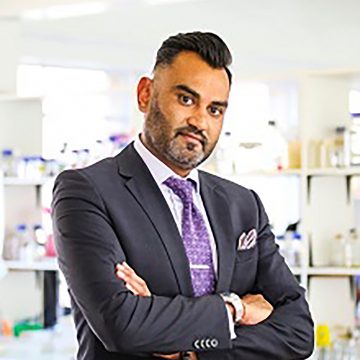
Prof Bavesh Kana
Director of the DST/NRF Centre of Excellence for Biomedical TB Research
University of the Witwatersrand
Prof Kana’s research interests relate to developing more accurate measures of tuberculosis treatment response and identifying bacterial biomarkers that predict risk of tuberculosis disease recurrence
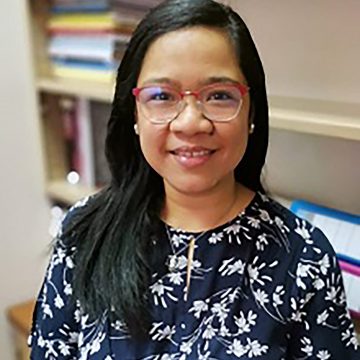
Dr Vivien Visaya
Deputy Head
Department of Mathematics and Applied Mathematics
Faculty of Science
University of Johannesburg
Dr Visaya’s research interests are in dynamical systems, visualisation, and topological data analysis.
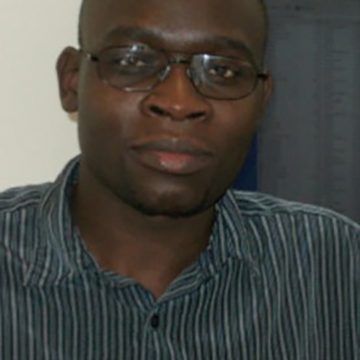
Dr Faraimunashe Chirove
Department of Mathematics and Applied Mathematics
Faculty of Science
University of Johannesburg
Dr Chirove’s research focuses on mathematical modelling of infectious and zoonotic infections within and without hosts using systems of differential equations. His current interests span from developing and analyzing deterministic models, stochastic models and multiscale models for these infections as predictive tools for disease prognosis.
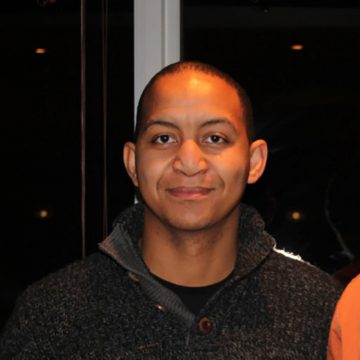
Dr Sheldon Rhameez Herbst
Department of Mathematics and Applied Mathematics
Faculty of Science
University of Johannesburg
Dr Herbst is an applied mathematician working in the field of computational differential equations with applications to fluid dynamics in engineering and astrophysics.
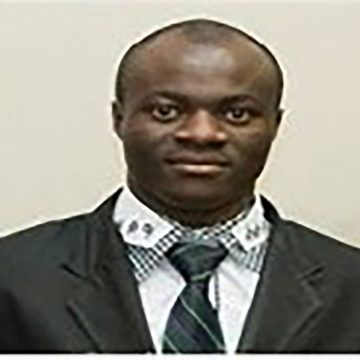
Mr Marcel Sagming
Department of Mathematics and Applied Mathematics
Faculty of Science
University of Johannesburg
Marcel Sagming received his M.Eng. Electrical and Electronic Engineering degree (cum laude) from the University of Johannesburg in 2019 with research specialization in the field of Machine Learning and Telecommunication. He is currently pursuing a Ph.D. degree in Electrical and Electronic engineering at the University of Johannesburg with research specialization in the field of Machine Learning, Big Data, Telecommunication, and Topological Data Analysis. He is also a lecturer at the University of Johannesburg and the ambassador of the UJ IEEE-HKN honors student chapter.
PROGRAMME
Week 1: Posgraduate Training
| 17 JANUARY 2022 | Data Analysis & Visualisation | |
|---|---|---|
| 08:30 – 09:00 | Dean of Faculty of Science: Prof Debra Meyer | Opening Speaker |
| 09:00 – 10:00 | Prof Charis Harley | Exploratory Data Analysis |
| 10:00 – 10:30 | Mr Len Marais | Data Visualisation |
| BREAK | ||
| 11:00 – 12:00 | Dr Vivien Visaya | Dynamical Systems & Topological Data Analysis |
| 12:00 – 13:00 | Prof Emma Ruttkamp-Bloem | Health Data: Ethics as a Complex Enabler of Research |
| LUNCH | ||
| 14:00 – 17:00 | —————————— | Practical Session |
| | ||
| 18 JANUARY 2022 | Data Types & Formats | |
| 08:30 – 09:30 | Prof Byron Jacobs | Differential Equations as a Hammer |
| 09:30 – 10:30 | Prof Bavesh Kana | Algorithms to Integrate Imaging Data |
| BREAK | ||
| 11:00 – 12:00 | Marcel Sagming | Textual & Numerical Data |
| 12:00 – 13:00 | —————————— | Practical Session |
| LUNCH | ||
| 14:00 – 15:00 | —————————— | Practical Session |
| 15:00 – 16:00 | Prof Moulay Akhloufi | Deep Learning for Audio Data Processing |
| 16:00 – 17:00 | —————————— | Practical Session |
| | ||
| 19 JANUARY 2022 | | Mathematical Modelling |
| 08:30 – 09:30 | Prof Jacek Banasiak | Successes, Fads and Fallacies of Mathematical Modelling in Life Sciences |
| 09:30 – 10:30 | Dr Faraimunashe Chirove | The Fundamentals of Mathematical Modelling of Infectious Diseases |
| BREAK | ||
| 11:00 – 12:00 | Prof Farai Nyabadza | Model formulation driven by Data: The case of Influenza |
| 12:00 – 13:00 | Prof Simon Connell | SIDARTHE model |
| LUNCH | ||
| 14:00 – 17:00 | —————————— | Practical Session |
| | ||
| 20 JANUARY 2022 | Computational Methods | |
| 08:30 – 09:30 | Dr Rhameez Herbst | Finite Difference Methods |
| 09:30 – 10:30 | Dr Rhameez Herbst | Finite Volume Methods |
| BREAK | ||
| 11:00 – 12:00 | Dr Rhameez Herbst | Runge-Kutta and Symplectic Methods |
| LUNCH | ||
| 13:30 – 17:00 | ———————————- | Practical Session |
| | ||
| 21 JANUARY 2022 | Machine Learning | |
| 08:30 – 09:30 | Prof Charis Harley | Supervised Machine Learning |
| 09:30 – 10:30 | Prof Terence van Zyl | Unsupervised Machine Learning |
| BREAK | ||
| 11:00 – 12:00 | Dr Vivien Visaya | Feature Extraction Techniques |
| LUNCH | ||
| 13:30 – 17:00 | ———————————- | Practical Session |
| | ||
Week 2: Posgraduate Workshop
| 24 JANUARY 2022 | Workshop | |
|---|---|---|
| 09:00 – 10:30 | Problem Presentations | Academic Group Leaders |
| BREAK | ||
| 11:00 – 12:30 | Working Groups | |
| LUNCH | ||
| 13:30 – 17:00 | Working Groups | |
| | ||
| 25 – 27 JANUARY 2022 | Workshop | |
| 09:30 – 10:30 | Mini Progress Presentations | Student Group Leaders |
| BREAK | ||
| 11:00 – 12:30 | Working Groups | |
| LUNCH | ||
| 13:30 – 17:00 | Working Groups | |
| | ||
| 28 JANUARY 2022 | Workshop | |
| 09:30 – 10:30 | Student Presentations | Groups Members |
| BREAK | ||
| 11:00 – 12:30 | Student Presentations | Groups Members |
| LUNCH | ||
Disclaimer: The University of Johannesburg encourages academic debate and discussion that are conducted in a manner that upholds respectful interaction, safety of all involved, and freedom of association as enshrined in the law, the Constitution, and within the boundaries of the University policies. The views expressed during events are expressed in a personal capacity and do not necessarily reflect the views of the University of Johannesburg.
